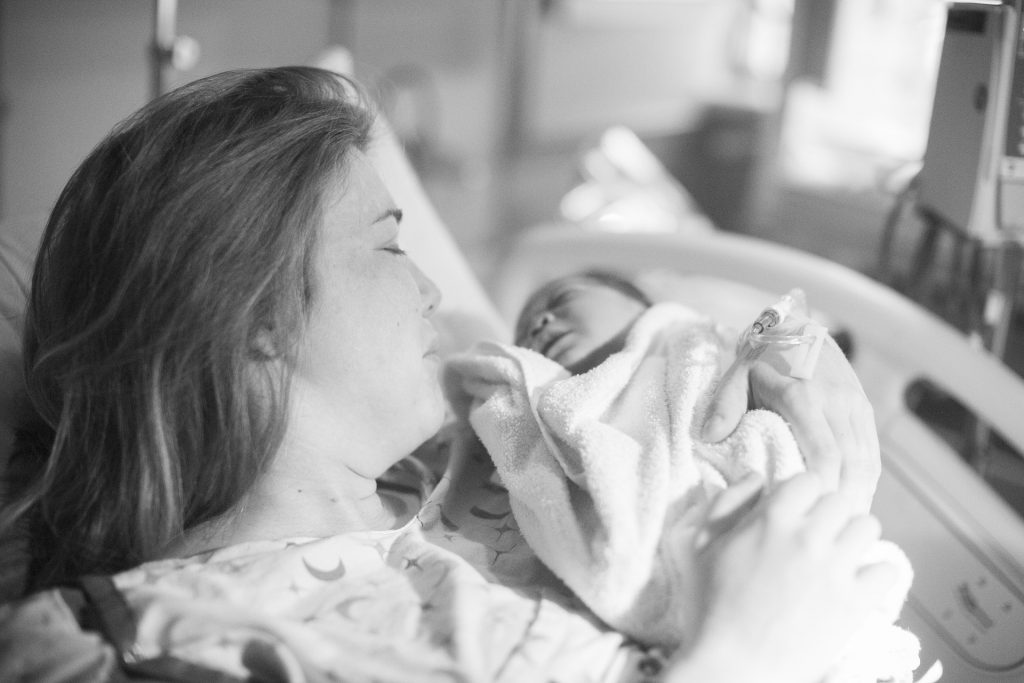While many will applaud the government’s decision to set up a rapid review of maternity safety, it is taking place while the future staffing of maternity care is being put at risk by short sighted policies and spending constraints on local trusts.
After nearly one year in office, Labour ministers have abysmally failed to tackle the scandal of newly-qualified nurses and midwives unable to find jobs despite chronic understaffing in England’s NHS.
A survey published earlier this month by the Royal College of Midwives has found more than 80% of student midwives due to qualify this year say that they are ‘not confident’ they will find a job once they graduate this autumn.
Three-quarters (75%) of midwifery students due to complete who responded to the survey have already applied for jobs, without success.
Of course we know more midwives are needed in many areas: the RCM says the NHS remains seriously short of midwives, with many local services struggling with understaffing. Some have even had to close temporarily due to unsafe levels of staffing.
However as Lowdown has been warning, the underlying problem is funding cuts and recruitment freezes, which have tied the hands of midwifery managers who are crying out for staff, but can’t hire as many midwives as they need. Some are not hiring any at all.
Similar problems are also blighting the chances of newly-qualified nurses. Last August Wes Streeting’s Department of Health and Social Care said: “It is absurd that qualified healthcare professionals cannot find jobs in an NHS that is under-resourced, and patients are subsequently not receiving the care they deserve. We are determined to change that.”
But ten months later the situation facing midwives is worse, and there is little if any improvement in the prospects for nurses. The RCN conference in May responded angrily to newly registered nurses being forced by a shortage of suitable NHS employment to look for employment outside of the profession, including barista work in coffee shops.
One newly qualified nurse told a meeting of nursing students at the RCN conference that there were only two jobs available in her local trust – for a graduating cohort of 20 – while another student said there was only one job in her area to apply for, and she now faced moving in with her parents because she wasn’t earning.
Since the removal of the bursary student nurses and midwives have accrued thousands of pounds worth of debt to qualify – only to face the prospect of unemployment, or taking jobs that make no use of their training.
Meanwhile a new report from Hospice UK has called for urgent action to increase access to palliative and end of life care in remote populations across the UK and warned of the damaging impacts of staff shortages – especially the lack of specialist nurses.
More than a third of the UK’s hospice clinical workforce is over 55. But the longer newly qualified nurses are unable to enter the NHS the less the chances of them developing the necessary skills and knowledge.
Most of the limited numbers of midwifery posts that have been advertised (including all of the posts advertised in the Birmingham area), are for experienced staff, not newly qualified midwives – who need to work at first in a ‘preceptorship’, a structured period of support to enable them to develop from student to autonomous practitioner.
These arrangements are more expensive for trusts than employing already experienced staff: but without them whole cohorts of newly qualified students cannot enter the NHS workforce and give the care they have worked so hard to train for.
In April, a survey by UNISON of clinical staff working 1400 shifts at 40 hospital sites in England, Wales and Northern Ireland found not enough nursing staff are on duty to ensure patients are protected from harm such as falls, medication errors or other risks.
Healthcare workers said not enough staff were present to deliver safe care on two thirds (69%) of shifts – up from 63% when the research was previously carried out in 2023. Staff reported the highest proportion of safety concerns after shifts on maternity wards (81%), in rehabilitation units helping people recover from injury, illness or disability (81%), or those looking after the elderly (82%).
A ‘red flag’ event, involving a serious risk to safety, occurred on more than half (56%) of all shifts, but these events were four times more common where the shifts were not sufficiently staffed (67%) than those that were (16%).
Dear Reader,
If you like our content please support our campaigning journalism to protect health care for all.
Our goal is to inform people, hold our politicians to account and help to build change through evidence based ideas.
Everyone should have access to comprehensive healthcare, but our NHS needs support. You can help us to continue to counter bad policy, battle neglect of the NHS and correct dangerous mis-infomation.
Supporters of the NHS are crucial in sustaining our health service and with your help we will be able to engage more people in securing its future.
Please donate to help support our campaigning NHS research and journalism.


